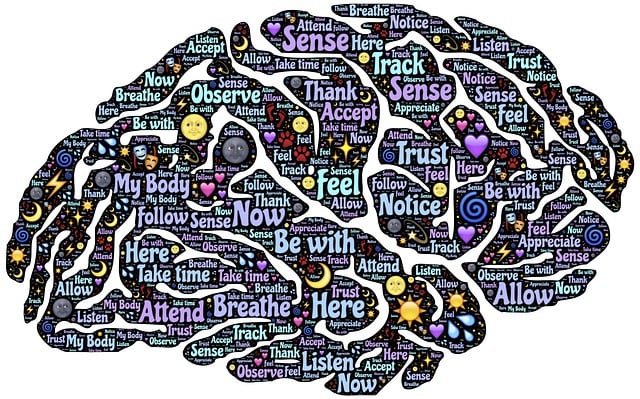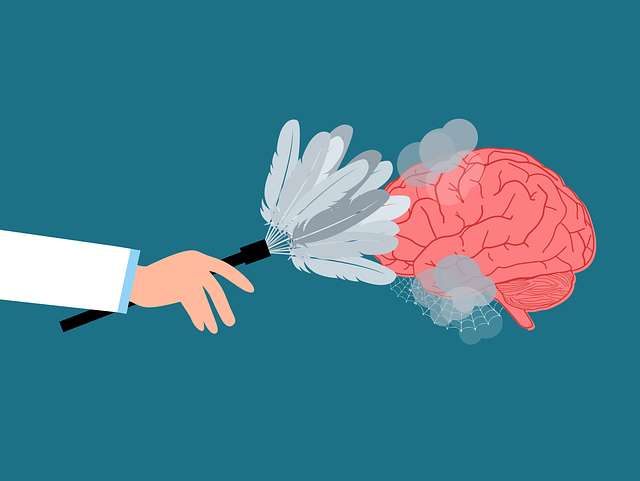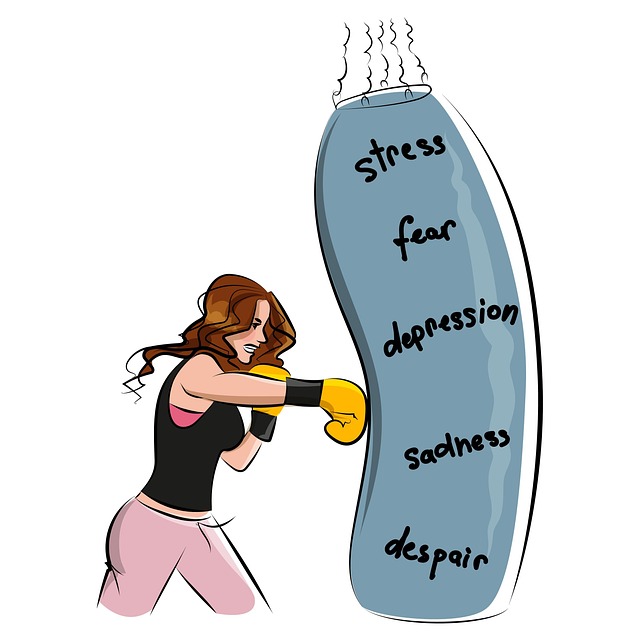Mood regulation therapy is essential for young children affected by domestic violence or trauma, helping them develop healthy coping skills and emotional well-being. Targeted therapeutic approaches, including play and art therapy, empower kids to process emotions and build resilience. Early intervention, community awareness, and evidence-based practices are key to preventing long-term mental health challenges in at-risk children. By teaching self-care routines and reducing stigma, parents and caregivers can support healthy emotional development at home. Therapy plays a critical role in trauma mitigation, fostering emotional regulation skills for vulnerable young individuals.
Mood regulation strategies are essential tools for nurturing the emotional well-being of young children, especially those navigating the challenges of domestic violence. This comprehensive guide explores various aspects of mood management, focusing on therapeutic approaches tailored for children experiencing mood disorders. We delve into practical strategies for parents and caregivers to foster resilience and long-term emotional stability in the context of overcoming domestic violence. By understanding the impact of early experiences, we can provide effective support for a brighter future.
- Understanding Mood Regulation in Young Children
- The Impact of Domestic Violence on Emotional Development
- Therapeutic Approaches for Children Experiencing Mood Disorders
- Practical Strategies for Parents and Caregivers at Home
- Supporting Resilience: Long-term Mood Regulation in Overcoming Domestic Violence
Understanding Mood Regulation in Young Children

Mood regulation is a vital skill for young children to develop as it forms the foundation for their emotional well-being and future mental health. Understanding how children manage their emotions is crucial, especially when considering the potential impact of domestic violence or trauma. Therapy for young children in such circumstances focuses on equipping them with effective coping skills development and strategies to navigate intense feelings.
By providing a safe and supportive environment, therapists help these children process and express their emotions healthily. This involves teaching them self-esteem improvement techniques and promoting positive self-talk, which can be especially beneficial in challenging situations. Public awareness campaigns that emphasize the importance of early emotional development can also play a significant role in preventing and mitigating the effects of domestic violence on young minds.
The Impact of Domestic Violence on Emotional Development

The impact of domestic violence on emotional development is profound and long-lasting, especially in young children. Exposure to violent environments can disrupt a child’s ability to regulate their emotions effectively, leading to a range of mental health challenges later in life. Therapy for young children affected by domestic violence is crucial to help them develop healthy coping mechanisms and rebuild their sense of safety and security.
Professionals in the field, such as mental health experts, play a vital role in supporting these children through crisis intervention guidance and risk management planning. By implementing strategies that focus on self-care routine development for better mental health, professionals can empower young individuals to navigate their emotions in safe and constructive ways. This not only aids in immediate crisis resolution but also fosters resilience and emotional stability over time.
Therapeutic Approaches for Children Experiencing Mood Disorders

Many children experience mood disorders due to complex factors, including potential exposure to domestic violence. Therapeutic approaches for these young individuals require a nuanced and empathetic understanding of their unique circumstances. Play therapy and art therapy are often recommended as effective methods to engage children in exploring and expressing their emotions. These non-verbal forms of communication can be especially beneficial when addressing trauma associated with domestic violence, allowing therapists to establish a secure connection while facilitating emotional release.
A comprehensive mental health policy analysis and advocacy approach is crucial in ensuring access to quality therapy for at-risk children. By implementing evidence-based practices and promoting community awareness, we can foster an environment that prioritizes early intervention and long-term support. Boosting confidence through age-appropriate coping strategies and teaching mind over matter principles empowers young clients to manage their mood disorders proactively. These interventions not only address the symptoms but also aim to build resilience, ensuring a brighter future for children navigating emotional challenges.
Practical Strategies for Parents and Caregivers at Home

At home, parents and caregivers play a pivotal role in teaching young children healthy mood regulation strategies. One effective approach is to mindfulness meditation, which can help children cultivate present-moment awareness and manage strong emotions. By incorporating simple breathing exercises or guided visualizations into daily routines, adults can support kids in developing emotional resilience. These practices not only promote mental health awareness but also foster a sense of calm and self-control.
It’s crucial to create a safe and supportive environment free from domestic violence, as this can significantly impact a child’s emotional well-being. Through open communication, parents can help children process their feelings and experiences, while also teaching them adaptive coping mechanisms. Mental illness stigma reduction efforts should be integrated into these conversations, encouraging understanding and empathy towards mental health challenges. Such strategies contribute to building a resilient foundation for young minds, empowering them to navigate life’s ups and downs with greater ease.
Supporting Resilience: Long-term Mood Regulation in Overcoming Domestic Violence

Domestic violence can have profound and lasting effects on children’s mental health, making long-term mood regulation a critical aspect of their recovery. Early intervention through therapy for young children exposed to such trauma is essential in fostering resilience. By engaging in targeted self-awareness exercises, these individuals can develop coping mechanisms to manage their emotions effectively.
Therapy provides a safe space for children to process their experiences and build healthy emotional responses. Trauma support services tailored to this demographic help them understand and regulate their feelings, reducing the risk of long-term mental health issues. Moreover, risk management planning for mental health professionals is crucial in ensuring these young lives receive the specialized care they need, promoting their overall well-being and resilience.
Mood regulation is a crucial aspect of emotional well-being, especially for young children. By understanding the impact of domestic violence and employing therapeutic approaches, parents and caregivers can play a vital role in supporting their child’s emotional development. Practical strategies at home, combined with fostering resilience, are key to long-term mood regulation and overcoming the challenges posed by domestic violence. Through these comprehensive methods, we can enhance the lives of young children and provide them with the tools to navigate and manage their emotions effectively.














